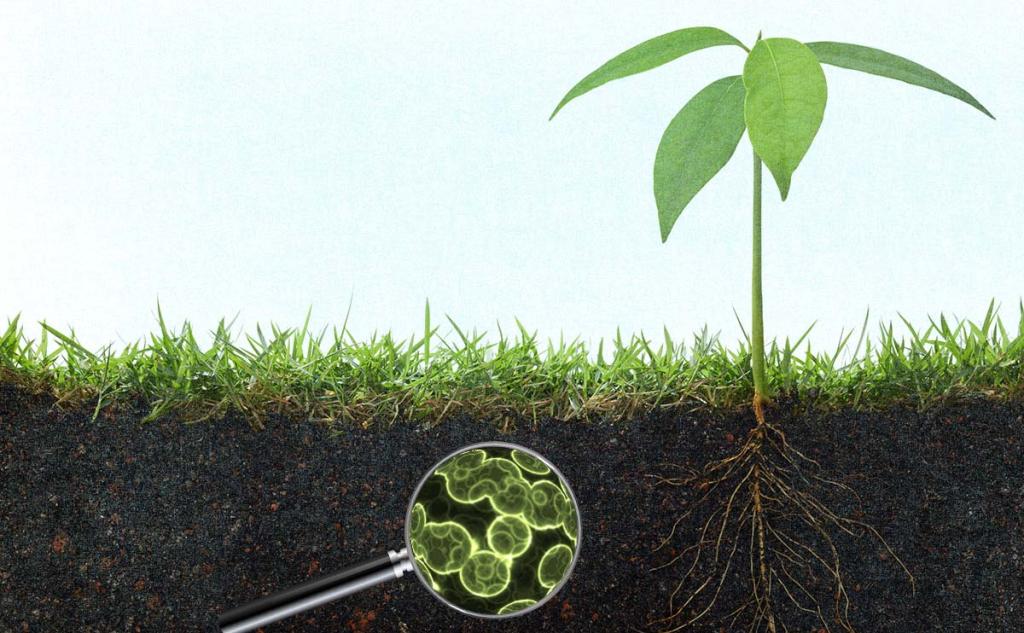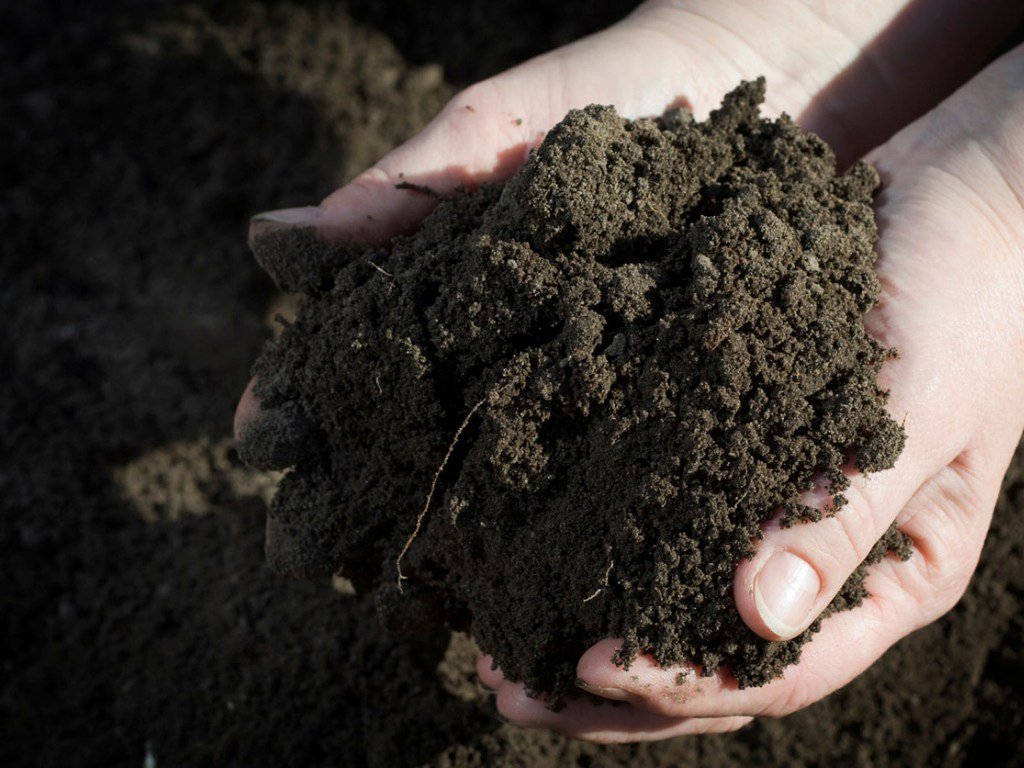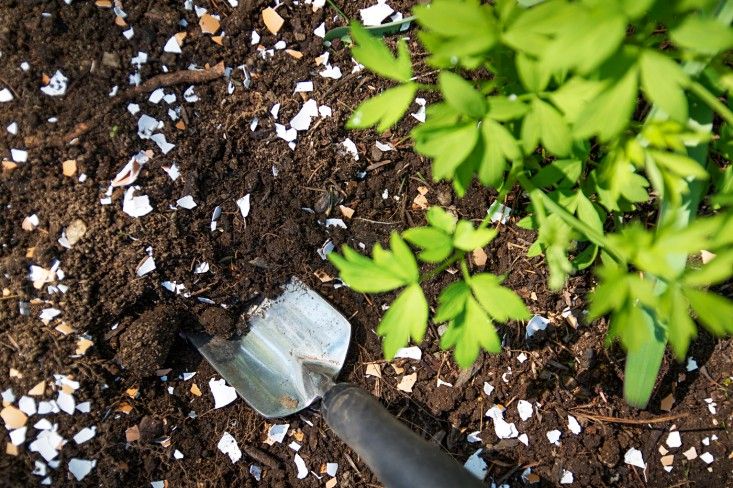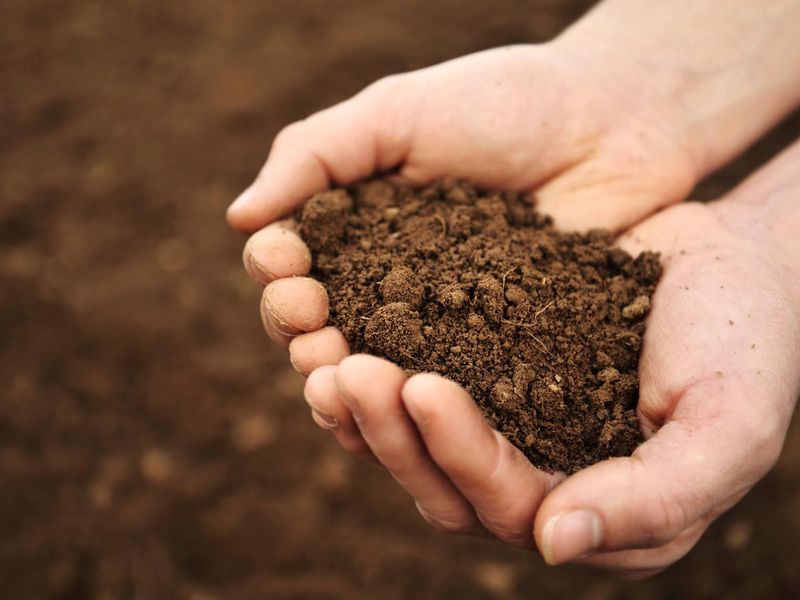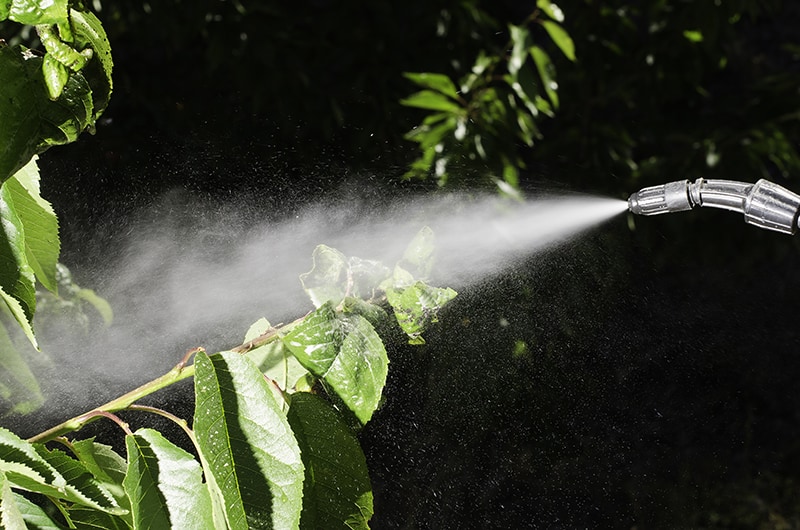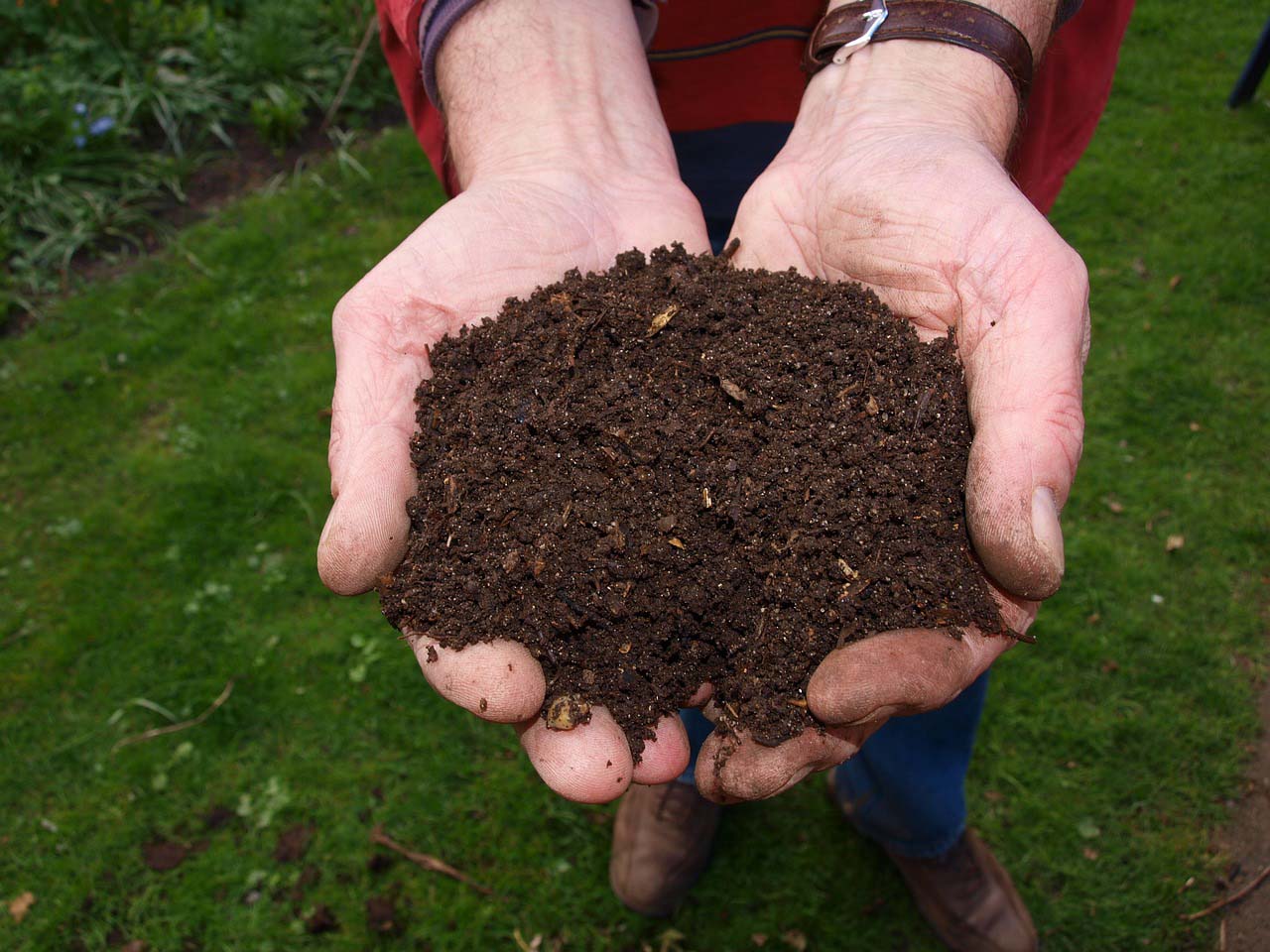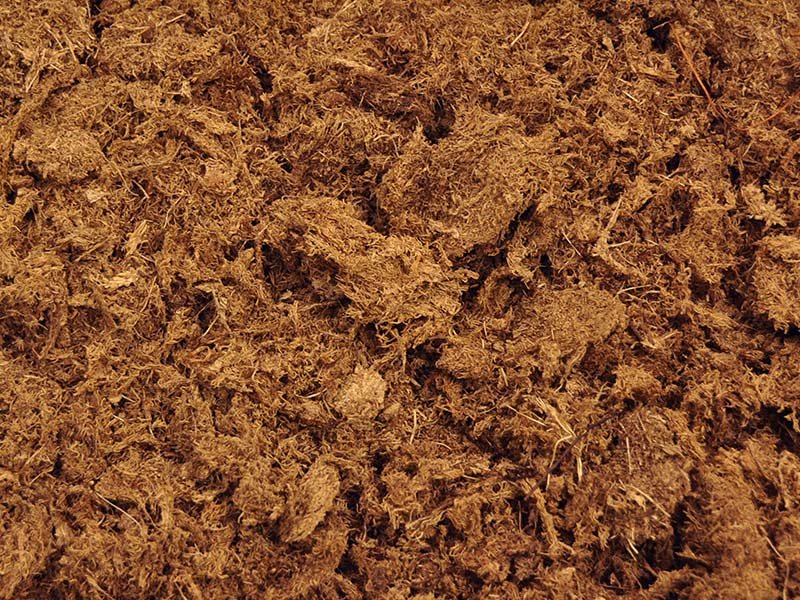There is no doubt that a healthy garden is something that gardeners can be proud of. From planting to harvest, many gardeners are ready to dedicate many hours of work to the most successful growing season. Although tasks like weeding and watering often have precedents, many begin to consider what is needed to create healthy and prosperous soil in the garden. More information about the role of microbes in the soil is just one way to improve the overall condition of your garden. But can plants benefit from soil microbes? Let’s find out more about microbes and soil nutrients.
What Do Soil Microbes Do?
Useful soil microorganisms form a symbiotic relationship with the plant. The plant uses up to 30% of the energy in the root zone to produce food for microbes. These microorganisms not only protect the plant from stress but also nourish it, transforming and supporting nutrients in the soil.
How Do Soil Microbes Affect The Nutrients Available In The Soil For Plants?
Most soil microorganisms act as “recyclers”. They break down, remove the dead matter from plants and animals, and destroy it. If these microbes didn’t do their job, the world would be full of unnecessary waste! Instead, microbes use organic matter to release the necessary ingredients that plants use to feed themselves.
Recycling microbes use organic carbon as organic matter as a source of energy (food). Recycling releases nutrients such as nitrogen, potassium, and phosphorus, which are important for plant health. The importance of these microorganisms cannot be overstated. They recycle the garbage of the world into the building blocks of life. Without these laborious organisms, keeping plants would be practically impossible.
Microorganisms are workhorses for the cycle of soil nutrients; they destroy organic matter, create relationships with plants, and contribute to the structure of the soil. Here, the reduction and reoxidation properties of iron indicate active bacteria!
Soil microorganisms that act as “miners” act on nearby rocks and minerals rather than on organic matter such as recirculates. Mineral microorganisms form a type of “mucous bacterium” known scientifically as “exudates”. Goo has a special pH and other important properties that have been specifically developed to bind and extract nutrients such as phosphorus, calcium, and potassium. All these minerals are necessary for healthy plants and a good harvest.
A special group of these “degrading” microorganisms is called a mycorrhizal fungus. Mycorrhizal fungi form special symbiotic connections with the roots of plants. They combine with plant roots to gain access to recently released nutrients. In turn, plant roots provide fungi with high-energy carbon, which grow in an abandoned soil environment.
Usually, refineries only live in special radical formations called legumes. Peanuts, alfalfa, clover, beans, and lentils form these symbiotic relationships with rhizobia. Legumes feed on rhizobia and provide highly energetic food. Legumes provide excellent crop protection for these special symbiotic compounds. Dead bean tissue (exaggerated to be reused by plant processing companies!) It is rich in nitrogen. This nitrogen-rich plant material can provide nitrogen for your next planting. This means that the farmer does not have to spend a lot of time, money, and energy using nitrogen fertilizers.
CONCLUSION
How to make the soil more pleasant thanks to micro-organisms which can enrich the garden? In a word, it is necessary to “feed” the microbiological environment of the soil. Microbes use organic carbon in the dead matter as an energy source. Plants, compost, or plant debris are a good source of organic matter. To support the cultivation of certain legumes, such as clover and alfalfa, the cultivation of nitrogen as a cover should be supported. Rhizobia make legumes and the soil around them rich in nitrogen. After death, leave this layer of soil on the ground to provide organic matter rich in nitrogen and start the cycle!
Soil bacteria play an important role in the sustainable growth of plants. They break down the nutrients associated with organic matter. They provide access to rock minerals, large and small. They can also improve the nitrogen content of plants!

